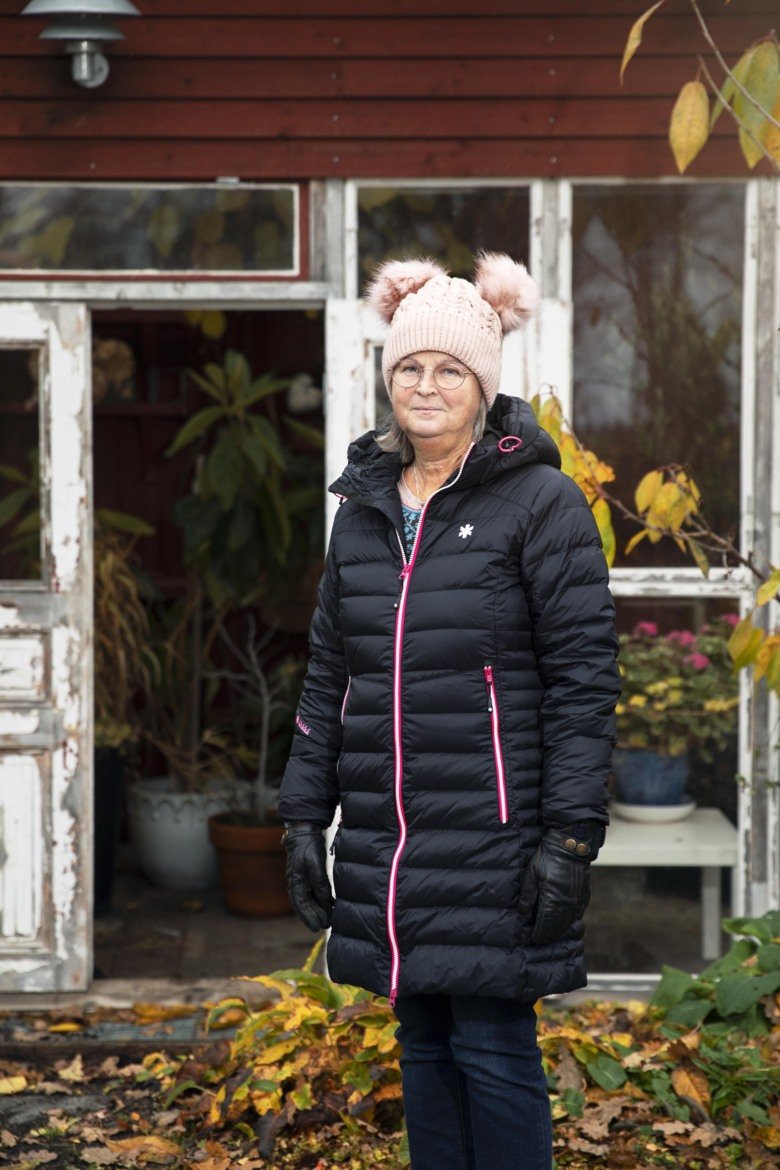Autoimmunity: "I always have to keep myself warm"
Name: Monica Holmner.
Age: 62.
Occupation: Is chair of the National Association for Systemic Sclerosis.
Find out more at: rss.reumatiker.se (in Swedish)

As told to: Annika Lund, first published in Swedish in the magazine Medicinsk Vetenskap nr 4/2020.
“It took me years to get my diagnosis. The first signs were shortness of breath, heartburn and swollen fingers, as well as fatigue and a feeling that something was not right in my body. No doctor was able to put the puzzle together. It made me depressed and I felt like a hypochondriac. Finally, a doctor saw that my fingers were white. This is a common first symptom of systemic sclerosis. She referred to the rheumatologist and eventually I got my diagnosis.
The disease has affected me in many ways. I retired early even though I enjoyed my job as a special education teacher.
I always have to keep myself warm. If I get cold, the circulation goes down and wounds, on fingers and toes especially, are difficult to heal. The wounds hurt tremendously and can become deeply infected. We keep the temperature at 24 degrees here at home, but I still often have a warm blanket around me. In the summer I wear a hat and mittens when I shop in supermarkets. When I shower, I put the floor heating to the max and heat the towel in the tumble dryer. I always wrap a towel around things I take out of the fridge and freezer. In winter I use heating aids sold in hunting shops: fleece trousers, soles and mittens with heating coils and a face mask with a heating grille. I must not breathe cold air.
In 2016 I started a patient association. We now have 250 members. We exchange tips about self-care and support each other.
We are fighting for systemic sclerosis to be treated in a few places in the country. I have met doctors who are not used to my illness and have been given ignorant assessments, even though the doctor sounded absolutely confident. I want to see doctors who encounter many people with this diagnosis and who are honest when they don’t have answers.
Doctors who want to do research also need to see many people with the same disease. I'm happy to participate in research. I'm prepared to travel to see knowledgeable, researching doctors, but unfortunately my home region doesn't pay for it. That makes health care a class issue. Do we want it that way?”
